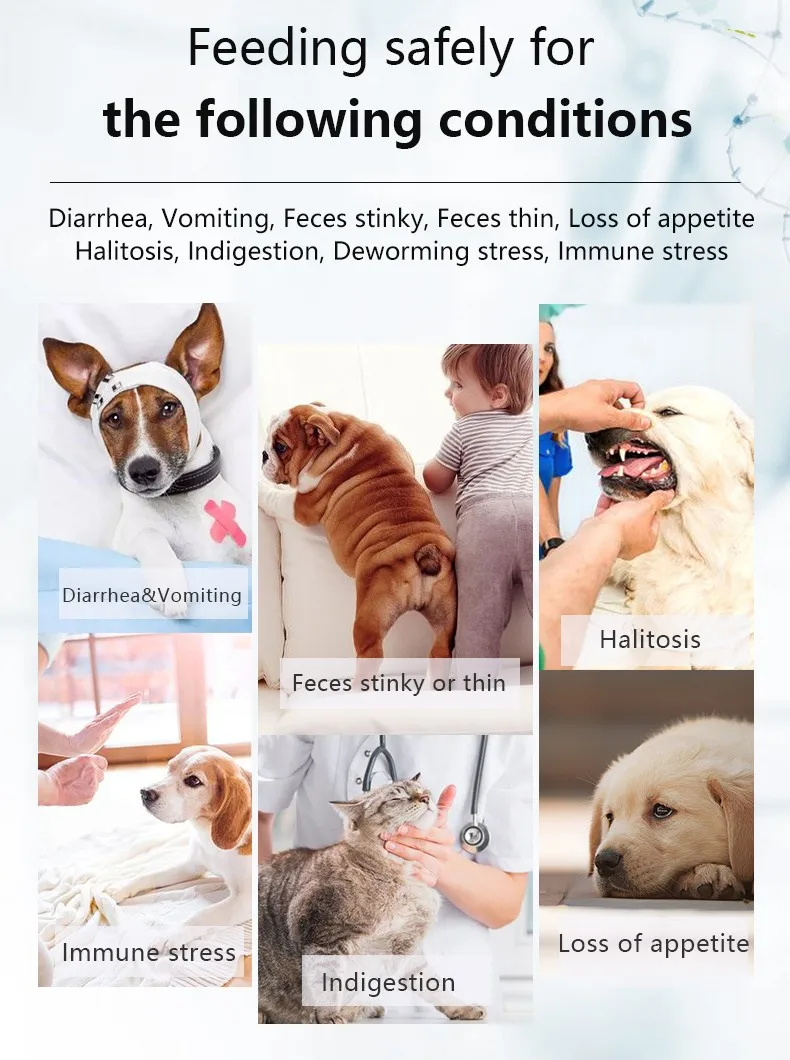## Symptoms of Pet Illness: A Comprehensive Guide to Recognizing Your Furry Friend's Health Issues
As pet owners, we cherish the companionship and joy our furry friends bring into our lives. However, just like humans, pets can experience health issues tha……
As pet owners, we cherish the companionship and joy our furry friends bring into our lives. However, just like humans, pets can experience health issues that require our attention. Recognizing the **symptoms of pet illness** is crucial for ensuring that your beloved animal receives timely medical care. In this guide, we will delve into the various signs and symptoms that may indicate your pet is unwell, helping you become a more attentive and responsible pet owner.
### Understanding Common Symptoms
When it comes to **symptoms of pet illness**, the signs can vary widely depending on the type of pet and the nature of the illness. Common symptoms to watch for include:
1. **Loss of Appetite**: If your pet suddenly refuses to eat, it could be a sign of an underlying health issue. Monitor their eating habits closely and consult your veterinarian if the loss of appetite persists for more than 24 hours.
2. **Lethargy**: A noticeable decrease in energy levels can indicate that your pet is not feeling well. If your usually active dog or cat is sleeping more than usual or shows little interest in playtime, it’s time to investigate further.
3. **Vomiting or Diarrhea**: Occasional vomiting or diarrhea may not be a cause for alarm, but if these symptoms persist or are accompanied by other signs of distress, it could indicate a more serious condition.

4. **Coughing or Difficulty Breathing**: Respiratory issues can be alarming. If your pet is coughing, wheezing, or showing signs of labored breathing, seek veterinary assistance immediately.
5. **Changes in Urination**: Increased or decreased urination, straining to urinate, or blood in the urine are significant symptoms that should not be ignored. These could indicate urinary tract infections or other serious conditions.
### Behavioral Changes
In addition to physical symptoms, changes in behavior can also signal that your pet is unwell. For instance, if your dog becomes aggressive or your cat hides more than usual, these behavioral shifts can be a cry for help. Pay attention to any sudden changes in your pet's temperament, as they can be a vital clue to their health status.
### The Importance of Regular Vet Visits

While being aware of the **symptoms of pet illness** is essential, it’s equally important to schedule regular veterinary check-ups. Preventative care can catch potential health issues before they become serious. Your veterinarian can provide vaccinations, dental care, and routine screenings that will help keep your pet healthy.
### What to Do If You Notice Symptoms
If you observe any of the aforementioned symptoms, it’s crucial to take action promptly. Here are some steps to follow:
1. **Document Symptoms**: Keep a record of the symptoms you’ve noticed, including their duration and any changes in behavior. This information will be valuable for your veterinarian.
2. **Avoid Home Remedies**: While it may be tempting to try home remedies, it’s best to consult a professional. Some treatments that work for humans can be harmful to pets.

3. **Seek Veterinary Care**: Don’t hesitate to reach out to your veterinarian for advice. They can provide guidance on the next steps and determine if an in-person examination is necessary.
### Conclusion
Being aware of the **symptoms of pet illness** is a vital part of responsible pet ownership. By recognizing these signs early, you can ensure your furry friend receives the care they need to live a healthy, happy life. Remember, your pet relies on you to be their advocate, so stay vigilant and proactive about their health. If you ever have doubts or concerns, don’t hesitate to consult your veterinarian. Your pet’s well-being is worth it!